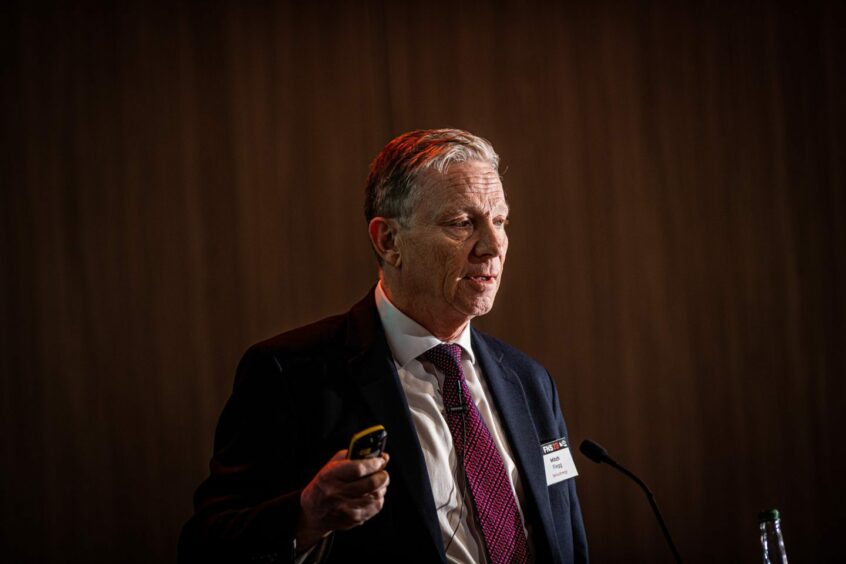
Serica Energy CEO Mitch Flegg has criticised the Chancellor’s decision to extend the windfall tax on North Sea producers.
In a trading update, he said current oil and gas prices “do not represent windfall conditions” and the effect will be greater imports, leaving the UK less resilient.
Chancellor Jeremy Hunt unveiled a year-long extension to the windfall tax, known as the Energy Profits Levy (EPL), during Wednesday’s Spring Budget, bringing the “sunset” to 2029.
Investment incentives remain, meaning it “could have been worse” as one source told EV, however the fourth tax change in two years now makes it “impossible” to plan investment according to trade body OEUK.
Mr Flegg of Serica Energy said: “It would be remiss not to express considerable disappointment with the extension of the EPL announced in the Budget yesterday.
“Current oil and gas prices do not represent windfall conditions for UK producers and increasing the tax burden on domestic oil and gas production again will be damaging for UK jobs and the economy.
“The achievements delivered by Serica have added to domestic sources of energy. The kind of approach exhibited in the Budget will lead to more imports and reduce the ability of our industry to enhance the UK’s resilience to potential energy shocks in the future.”
Read more below:
Boost to reserves
Serica Energy’s (LON: SQZ) trading update highlighted a 10 million boost annual to reserves as of 31 December to 140m barrels of oil equivalent.
That follows Serica’s recent acquisition of Tailwind Energy.
Mr Flegg said nearly all of the reserves additions are from fields which are already producing, limiting its incremental emissions.
“Production in the early part of 2024 has been encouraging and we look forward to the future impact of executing our investment programme this year. We are on track to commence the planned well intervention and drilling activities on the Bruce and Triton assets during the coming month,” he added.
Recommended for you

